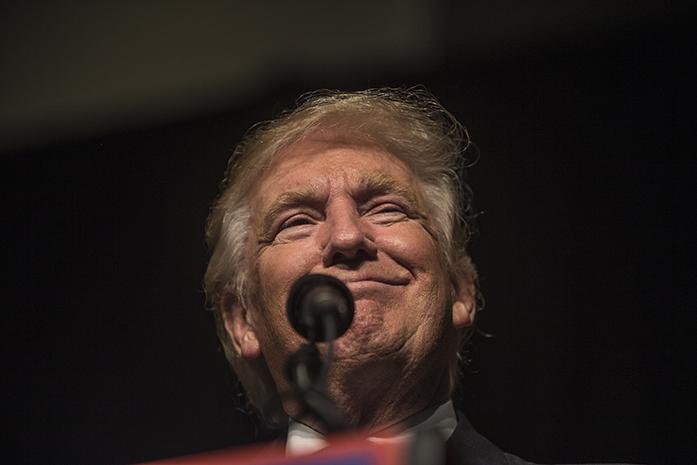By Zach Weigel
The election is finally over, and many of us are still grappling with the surprising results. Nonetheless, regardless of whether you are shaking your head, jumping for joy, or are just glad that all the ads are over, it is evident that there is a feeling of unease within our nation. Throughout his campaign, Donald Trump said many troubling things. This has led a large contingent of people to believe that he is a racist, misogynist, bigot concerned with his ego. While these claims do have some merit, the ensuing Trump presidency will either verify or discredit these presumptions. For now, we can conclude that for some reason not quite a majority of voters seemed to have overlooked or accepted his fickle temperament and questionable rhetoric.
Why did this happen? We can’t know for sure, but I believe there is a particular point worth examining. Setting aside the personal traits of the candidates themselves may provide us with some explanation as to why Trump won. Perhaps the result of the election is less about Trump and more about America. I know it’s a peculiar thought, given Trump’s excessive public persona, yet by voting Trump into office, perhaps our country has sent the message that we are sick of the political class and bureaucracy.
Maybe the election results are not a vote of confidence for Trump. They also might not be an indictment of Clinton. Instead, maybe Trump’s win has exposed a growing resentment of the political class. Both candidates had historically low approval levels, and many chose to vote against a candidate rather than for one. Essentially the conceived strategy is picking the lesser of two evils. Prior to the election, this common vein of thought was that this strategy would benefit Clinton; however, it appears that in reality this strategy might have benefited Trump. Maybe people voted Trump over Clinton because he isn’t a politician.
The Trump win could signal that people are fed up with structure that constrains them and ready to embrace an outsider willing to fight the system.
Maybe the evidence has been right in front of us the whole time. Look at political rhetoric and pop-culture trends such as music and television/film. You have popular shows such as “The Walking Dead” that takes place in a fake reality in which there are few rules or structural systems. Moreover, “House of Cards” cynically portrays how the structure of the political system obscures reality. Still, while these shows are fictional, they do channel elements of escapism signifying that our society isn’t entirely happy with the current structures and systems.
By the same token, when it comes to music, the prevailing vibe is more soulful and somber. Lyrically, some songs hint at a consciousness of the status quo or calls to debunk expectations. For instance, contemporary hits like “Stressed Out” and “Sit Still, Look Pretty” voice an air of lashing out by critiquing the pressure that society exerts on us.
So maybe the excessive structures entrenched in today’s world caused Trump’s improbable win. Perhaps Trump really is onto something by challenging political correctness and trade ties. Maybe Americans have had enough of the political class and all of the systemic structures that tell them what they can and can’t do. Maybe saying “Make America Great Again” resonated with voters because they are sick of all of the norms, rules, and regulations that the political class enlists.



